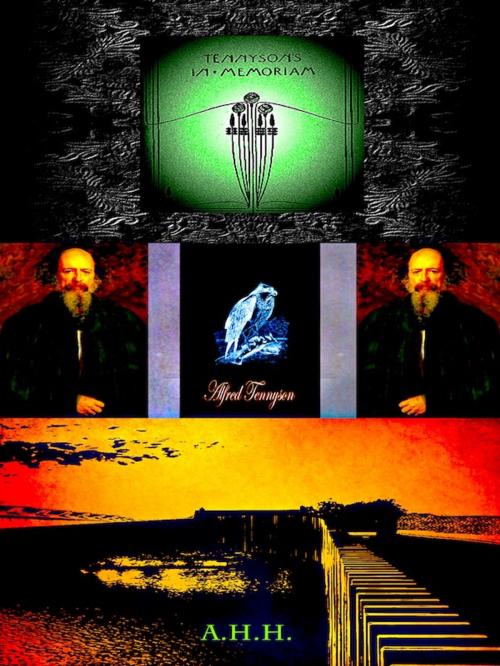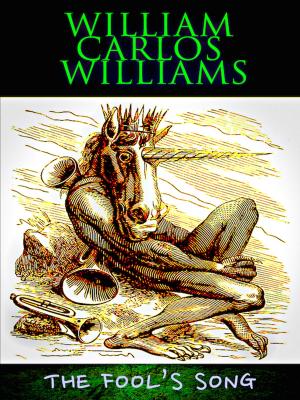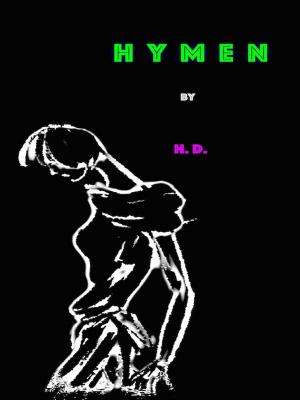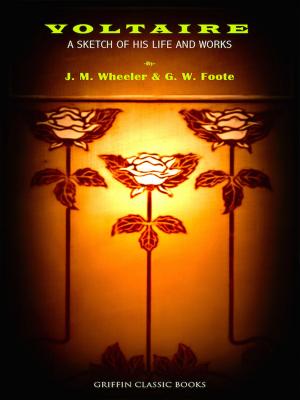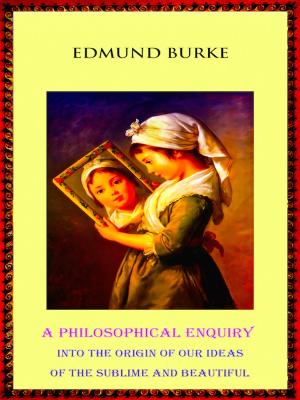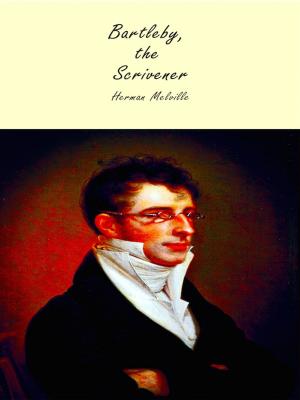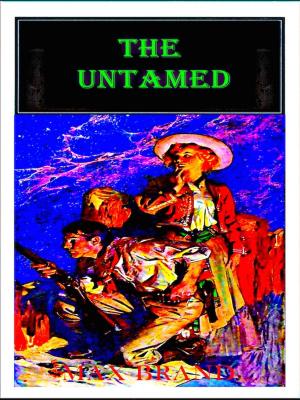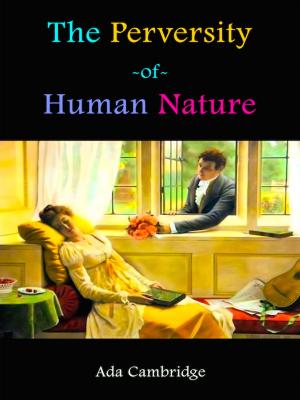| Author: | Alfred Tennyson | ISBN: | 1230000795647 |
| Publisher: | Editions Artisan Devereaux LLC | Publication: | November 22, 2015 |
| Imprint: | Language: | English |
| Author: | Alfred Tennyson |
| ISBN: | 1230000795647 |
| Publisher: | Editions Artisan Devereaux LLC |
| Publication: | November 22, 2015 |
| Imprint: | |
| Language: | English |
“Tis better to have loved and lost, than never to have loved at all..."
In Memoriam A.H.H. is a poem by the British poet Lord Alfred Tennyson, completed in 1849.
It is a requiem for the poet's beloved Cambridge friend Arthur Henry Hallam, who died suddenly of a cerebral hemorrhage in Vienna in 1833.
As many have noted, In Memoriam is the quintessential study of grief and the loss of a loved one. It has no equal in delving into the truth of sadness and loss.
Alfred Tennyson met Arthur Hallam in 1829, when they were both students at Trinity College, Cambridge.
Young Tennyson’s home life had not been happy and he did not relish his time at university. He was prone to depression, but friendship with the gifted and charismatic Hallam meant a great deal to him.
Their relationship was cemented further when Hallam fell in love with one of the poet’s sisters, Emilia, and they became engaged in 1832.
In his Prologue, Tennyson asks God to forgive him his unrelenting grief for his departed friend who he trusts, lives in Him. He asks that his youthful cries be forgiven, and asks to be given wisdom.
A trial edition of In Memoriam was printed privately in March 1850, sixteen years after Hallam’s death. It was published anonymously.
The work caused a literary sensation.
In September 1850 Charles Kingsley identified the poet, and declared that without doubt, In Memoriam was ‘the noblest Christian poem which England has produced for two centuries’.
ALFRED TENNYSON (1809-1892) was Poet Laureate of Great Britain and Ireland during much of Queen Victoria's reign and remains one of the most popular British poets. T. S. Eliot famously described Tennyson as "the saddest of all English poets", whose technical mastery of verse and language provided a "surface" to his poetry's "depths, unto the very abyss of sorrow".
“Tis better to have loved and lost, than never to have loved at all..."
In Memoriam A.H.H. is a poem by the British poet Lord Alfred Tennyson, completed in 1849.
It is a requiem for the poet's beloved Cambridge friend Arthur Henry Hallam, who died suddenly of a cerebral hemorrhage in Vienna in 1833.
As many have noted, In Memoriam is the quintessential study of grief and the loss of a loved one. It has no equal in delving into the truth of sadness and loss.
Alfred Tennyson met Arthur Hallam in 1829, when they were both students at Trinity College, Cambridge.
Young Tennyson’s home life had not been happy and he did not relish his time at university. He was prone to depression, but friendship with the gifted and charismatic Hallam meant a great deal to him.
Their relationship was cemented further when Hallam fell in love with one of the poet’s sisters, Emilia, and they became engaged in 1832.
In his Prologue, Tennyson asks God to forgive him his unrelenting grief for his departed friend who he trusts, lives in Him. He asks that his youthful cries be forgiven, and asks to be given wisdom.
A trial edition of In Memoriam was printed privately in March 1850, sixteen years after Hallam’s death. It was published anonymously.
The work caused a literary sensation.
In September 1850 Charles Kingsley identified the poet, and declared that without doubt, In Memoriam was ‘the noblest Christian poem which England has produced for two centuries’.
ALFRED TENNYSON (1809-1892) was Poet Laureate of Great Britain and Ireland during much of Queen Victoria's reign and remains one of the most popular British poets. T. S. Eliot famously described Tennyson as "the saddest of all English poets", whose technical mastery of verse and language provided a "surface" to his poetry's "depths, unto the very abyss of sorrow".
